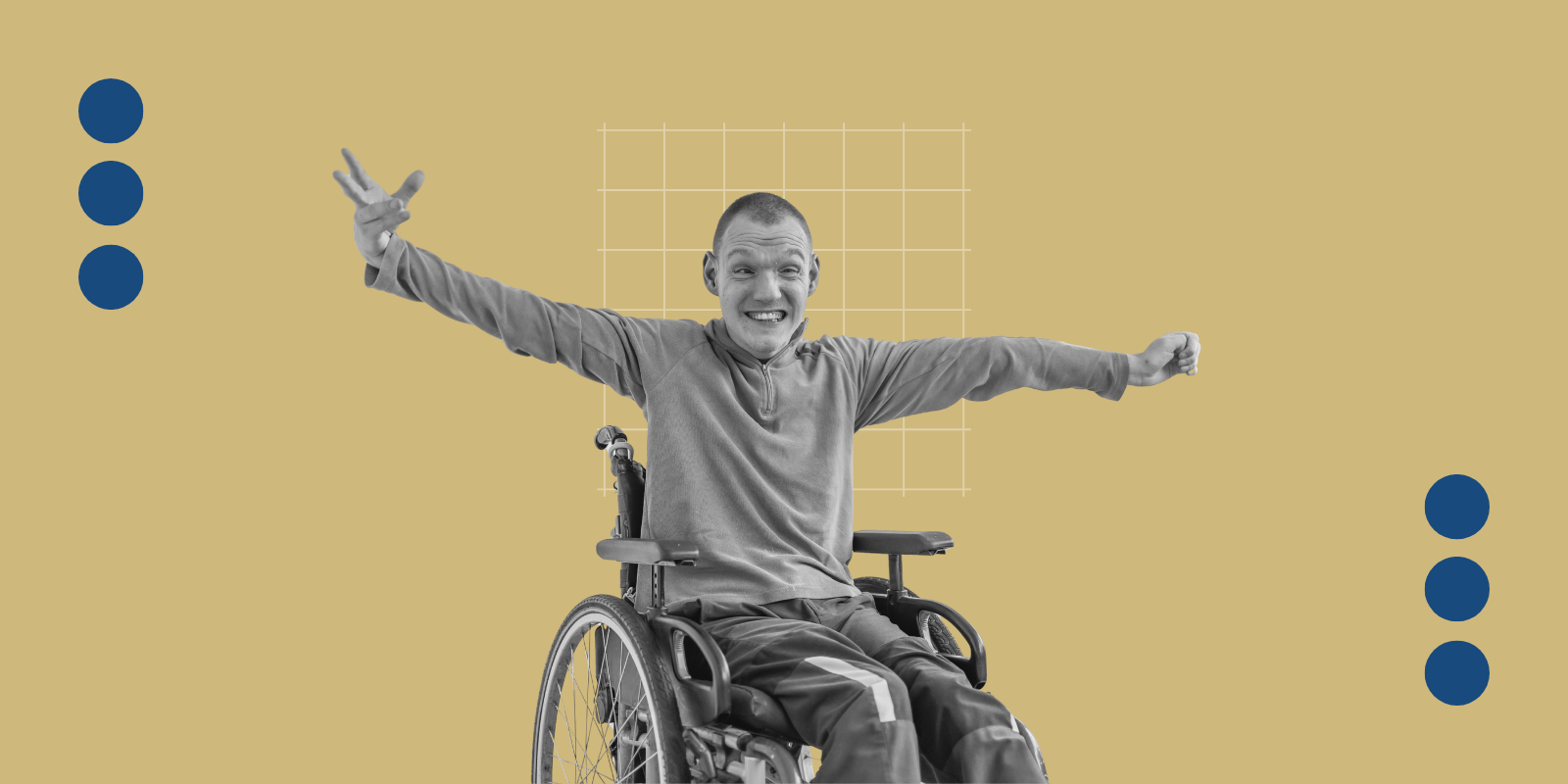Approximately 14% of adults are estimated to have chronic kidney disease, according to the Centers for Disease Control. Nearly half of those are racial and ethnic minoritized people.
“They tend to face adverse kidney outcomes because of the social and structural challenges they encounter,” says Lilia Cervantes, MD, professor of medicine. “It’s incumbent upon us to be thoughtful about how we can make these evidence-based interventions, medications, and policies work for these communities, so that there is less of a difference in the prevalence of chronic kidney disease and kidney failure among different races and ethnicities in the U.S.”
Cervantes has collaborated with Russell Glasgow, PhD, research professor of family medicine and director of the Dissemination and Implementation Science Core at ACCORDS, on several projects using implementation science, which promotes the integration of evidence-based interventions into practice to improve population health.
In a recent article published in Nature Reviews Nephrology, the researchers highlight their work to advance equity in kidney health using implementation science.
Addressing disparities
Cervantes’s work focuses on the Latino population with limited English proficiency. This group with kidney failure has a suboptimal, or less than ideal, treatment start for kidney failure because they tend to be unaware of their kidney failure and are admitted to the hospital, diagnosed with kidney failure at that time, and begin treatment with a central venous catheter.
“Latinos with kidney disease often progress to kidney failure faster than non-Latino White populations,” Cervantes says. “When they begin kidney replacement therapy or treatment for kidney failure, like hemodialysis, peritoneal dialysis, or transplant, it doesn't begin in a way that is patient centered. Instead, they begin treatment with a central venous catheter which carries a high risk for infection and mortality.”
This is not unique to minoritized groups with other health conditions, but the result of this suboptimal start is there's less uptake of evidence-based interventions that allow for shared decision-making about kidney failure treatment options. There are missed opportunities to culturally tailor existing interventions that could help people make a treatment decision that aligns with their values and goals.
Cervantes wants researchers to consider which populations are facing a disparity and whether there's an evidence-based intervention that can be tailored to a minoritized group.
She is working on a community health worker intervention to address disparities. Patients with limited English proficiency will be paired with community health workers to provide support toward social challenges, health navigation, and culturally responsive education so that they can begin kidney replacement therapy in a way that aligns with their values, goals, and their culture.
“Our work, both separately and together, focuses on getting interventions implemented in real world settings,” Glasgow says. “A lot of our work is a collaborative partnership, or co-creation, with patients, families, clinical professionals, and health system decision makers. This ensures that it is culturally and contextually appropriate and focuses on the broader policy level implications.”
Adopting implementation science
Cervantes was a full-time clinician before beginning her research career. She has long been mentored by Glasgow.
“My sole purpose for transitioning to research was to change policy to expand access to standard of care for all people who have kidney disease, regardless of immigration status,” she says. “Implementation science is in alignment with my passion for this work, because it's practice changing.”
The researchers use the Practical, Robust Implementation and Sustainability Model (PRISM), developed by Glasgow, to help impact practice and policy.
PRISM assesses key multilevel contextual factors related to the reach, effectiveness, adoption, implementation, and maintenance (RE-AIM) outcomes of health interventions.
Introducing new investigators to PRISM can guide their research and ensure that once the research is complete, they change practice in meaningful ways.
This provides a framework on how to conduct research that acknowledges the importance of multi-level engagement with multiple partners, including patients, caregivers, policy makers, healthcare systems and staff, and payers.
Benefits to patients with kidney disease
Implementation science allows researchers to think about interventions in a real-world, pragmatic setting. Using frameworks like PRISM assists researchers to look ahead and guide adaptations to their research.
“From the outset you’re working with multi-level partners to plan ahead for issues so it can be sustainable, feasible, efficient, equitable, and doesn't have unanticipated consequences,” Glasgow says.
Cervantes and Glasgow recognize that one size doesn’t fit all when it comes to interventions. An intervention developed during a funded clinical trial with substantial resources for staff and patients, may not work for a different group or in a different setting.
“We want to introduce implementation science research methods to kidney researchers so that they think about the dynamic context as they plan, launch, and evaluate their intervention,” Cervantes says. “Context changes rapidly and remarkably, so we want them to consider how these factors influence these groups that are disproportionately burdened with kidney disease.”





